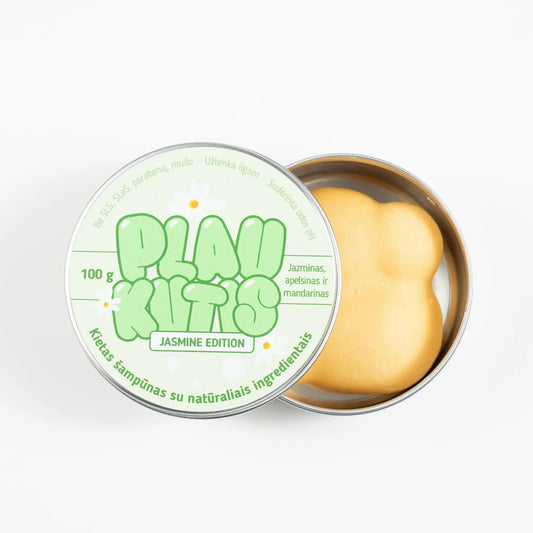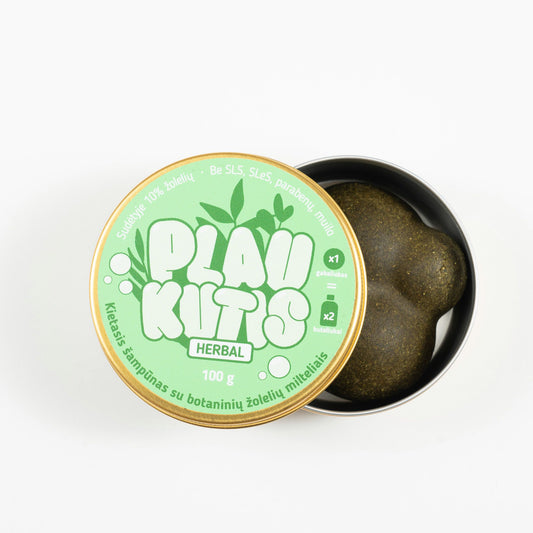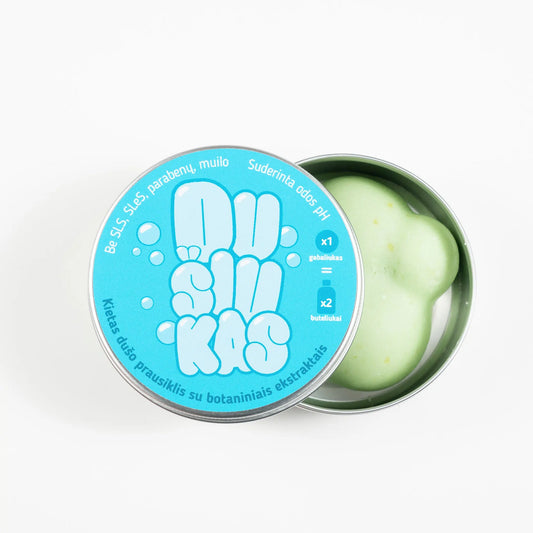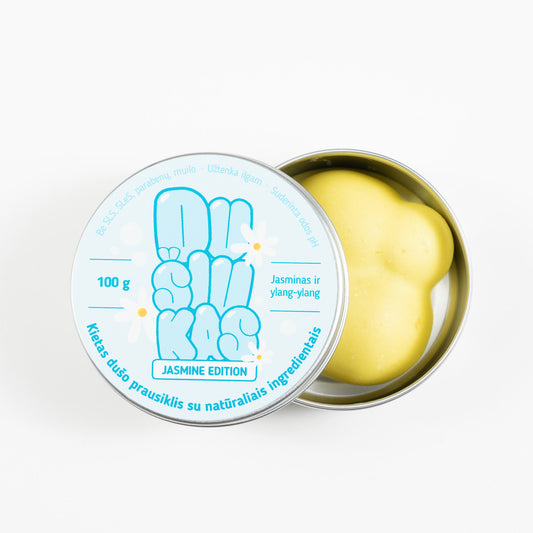Did you know that more than 85% of homes in the U.S. have hard water, according to the U.S. Geological Survey? This can have a significant impact on the health and appearance of your hair. Hard water is high in minerals like calcium and magnesium, which can build up on your hair and scalp, causing dryness, dullness, and unmanageable hair. Meanwhile, soft water, while gentler on your hair, can leave your hair feeling limp and greasy.
Water quality has a big impact on the effectiveness of hair care products. If you live in a hard water area, you may find that your shampoo doesn’t lather as much and your conditioner leaves a residue. Conversely, soft water can make your hair feel greasy and flat. In this article, we’ll help you tailor your hair care routine to the water quality in your area, provide product recommendations, and practical tips on how to maintain healthy, beautiful hair, regardless of water quality.

Chelating shampoos: deep cleaning for hard water
Living in a hard water area can be a challenge when it comes to hair care. Hard water contains high levels of calcium and magnesium, which can build up on your hair, causing dryness, dullness, and product residue. Chelating shampoos are specifically designed to address this problem—they remove mineral deposits that regular shampoos struggle to remove.
What are chelating shampoos and how do they work?
Chelating shampoos contain powerful ingredients like EDTA (ethylenediaminetetraacetic acid), which bind to the mineral ions in hard water. This allows the shampoo to effectively remove build-up from your hair and scalp. A 2019 study published in the International Journal of Cosmetic Science found that chelating shampoos can reduce mineral buildup in your hair by as much as 40% after just one use .
Chelating shampoos are especially beneficial for those who swim in chlorinated pools, live in hard water areas, or find that their hair remains sticky or heavy even after washing.
How often should you use chelating shampoos?
Since chelating shampoos are very effective at deep cleansing, it is important not to use them too often. Using a chelating shampoo once a week or every two weeks will be enough to keep mineral buildup under control. Overuse can dry out your hair, so be sure to use a moisturizing conditioner or mask after washing.

Popular chelating shampoos on the market
Here are some highly recommended chelating shampoos that are effective in combating hard water deposits:
- Malibu C Hard Water Wellness Shampoo : Known for its gentle yet effective removal of mineral deposits while keeping hair soft and manageable.
- Paul Mitchell Shampoo Three : Designed for swimmers and those who live in a hard water area, this shampoo removes mineral and chlorine buildup, leaving hair refreshed.
- Redken Hair Cleansing Cream : A great choice for those who want to deep cleanse their hair once a week, this shampoo removes impurities while retaining moisture.
Vinegar rinses and other remedies to combat hard water
If you prefer natural solutions, vinegar rinses are a great alternative to commercial products when it comes to combating hard water deposits. Apple cider vinegar in particular helps dissolve minerals left behind by hard water and restores your hair's natural pH balance.

How do vinegar rinses work?
Vinegar is slightly acidic, so it’s effective at breaking down alkaline minerals in hard water. A 2020 study published in the Journal of Trichology found that regular vinegar rinses can reduce hard water buildup in hair by 20-30% . The acidity in vinegar helps smooth the hair cuticle, making hair softer and shinier.
How to use vinegar rinse?
To make a vinegar rinse, mix one part apple cider vinegar with two parts water. After washing your hair, apply the mixture to your hair, leave it on for a few minutes, and rinse thoroughly with cold water. Use this rinse once a week to keep mineral buildup under control.
Other natural remedies for fighting hard water
In addition to vinegar rinses, you can try other natural remedies:
- Lemon Juice Rinse : Like vinegar, lemon juice is acidic and can help dissolve hard water mineral deposits. Mix the juice of one lemon with a glass of water and use as a rinse after shampooing.
- Baking soda scrub : Create a paste of baking soda and water and use it as a scalp scrub that will remove hard water deposits.
These natural remedies are simple, inexpensive, and effective in combating mineral buildup and restoring shine and softness to hair.

Soft water applications: light shampoos and volumizers
While soft water is gentler on your hair, it can also leave your hair feeling flat and greasy. Without the minerals found in hard water, your hair can struggle to maintain volume and texture. However, adopting a hair care routine with lightweight products can help to address this problem.
Choosing mild shampoos for soft water
In soft water areas, heavy shampoos and conditioners can further weigh down your hair, making it look flat and greasy. Instead, choose lightweight shampoos and conditioners that are designed to add volume and leave no residue on your hair. Look for sulfate-free products to avoid stripping your hair of its natural oils.
- Best mild shampoos for soft water :
- L'Oréal Paris EverPure Volume Shampoo : This sulfate-free shampoo is perfect for soft water users, providing light cleansing without loss of volume.
- Neutrogena Anti-Residue Shampoo : Ideal for soft water areas, this cleansing shampoo helps remove oil and product residue.
- Bumble and Bumble Sunday Shampoo : Loved for its deep cleansing in the soft water zone, this shampoo leaves a fresh, light feel.
Volume boosters to combat flat hair
If soft water leaves your hair flat, volumizing products can help restore fullness and texture. Moussas, root lifters, and texturizing sprays are all great options for adding volume to your hair that is damaged by soft water.
- The best volume enhancers for soft water :
- Living Proof Full Dry Volume Blast : This texturizing spray instantly adds volume and lift without greasiness.
- Kenra Volume Mousse Extra 17 : Lightweight yet effective, this mousse provides long-lasting volume and fullness.
- Moroccanoil Root Boost : Use this spray on roots to give extra lift and fullness, especially suitable for soft water users.

Myth busting or interesting facts
- Myth : "Soft water is always better for hair than hard water."
Fact : While soft water is less damaging to hair, it can leave it greasy and flat, especially for those with fine hair. It all depends on using the right products, depending on the quality of the water. - Interesting fact : The average calcium and magnesium content in hard water can reach as much as 300 mg/L , which is why mineral deposits on hair are often observed in hard water areas.
- Myth : "You need to wash your hair more often in soft water."
Fact : You don't need to wash your hair more often. Instead, focus on mild shampoos and volumizers to manage excess moisture caused by soft water. - Fun fact : Vinegar rinses have been used for centuries to remove hair scale. A 2020 study found that regular vinegar rinses can reduce hard water scale by up to 30% .
- Myth : "Hard water always dries and damages hair."
Fact : While hard water can damage your hair, using the right products, such as chelating shampoos and cleansers, can help reduce its effects and restore hair health.
Practical tips or solutions
- Purchase a shower filter : For those who live in hard water areas, installing a shower filter can reduce the mineral content in the water, noticeably improving hair texture and health.
- Use a clarifying shampoo in soft water areas : Use a clarifying shampoo once a week to remove excess oil and product residue that is more likely to build up in soft water.
- Use a vinegar rinse : Use a vinegar rinse once a week to dissolve mineral deposits caused by hard water, leaving your hair soft and shiny.
- Focus on mild shampoos : In soft water areas, it is essential to use mild shampoos and conditioners that will not cause hair to lose volume.
- Use volumizing products : Moussas, root lifters, or texturizing sprays will help combat flat hair, which is often caused by soft water.

Frequently asked questions
Q: How do I know if I have hard or soft water?
A: Signs of hard water include mineral deposits on taps and dry, brittle hair. Soft water is more likely to leave hair greasy and flat. You can also use a water hardness testing kit.
Q: How often should I use chelating shampoo in hard water areas?
A: Use a chelating shampoo about once a week or every two weeks, depending on how much mineral build-up you have.
Q: Can soft water make hair oily?
A: Yes, because soft water doesn't remove oils as effectively as hard water, which can leave hair looking greasy or flat. Lightweight, volumizing shampoos can help.
Q: Will a vinegar rinse remove moisture from hair?
A: A properly diluted vinegar rinse will not strip moisture. It helps remove mineral deposits and restore the pH level of the hair.
Q: Should I change my conditioner if I have soft water?
A: Yes, in soft water areas it is best to use light conditioners that will not cause hair to lose volume. Look for products designed for fine or oily hair.
Conclusion: Adapting your hair care routine to your water quality will yield optimal results
Water quality has a big impact on the appearance and health of your hair. Whether you’re battling mineral buildup from hard water or excess moisture from soft water, the right hair care products can do wonders. Experiment with chelating shampoos, vinegar rinses, and volumizing products to find the best combination for your hair type and local water conditions. By adapting your routine, you’ll have healthier, shinier, and more manageable hair, no matter where you live.













